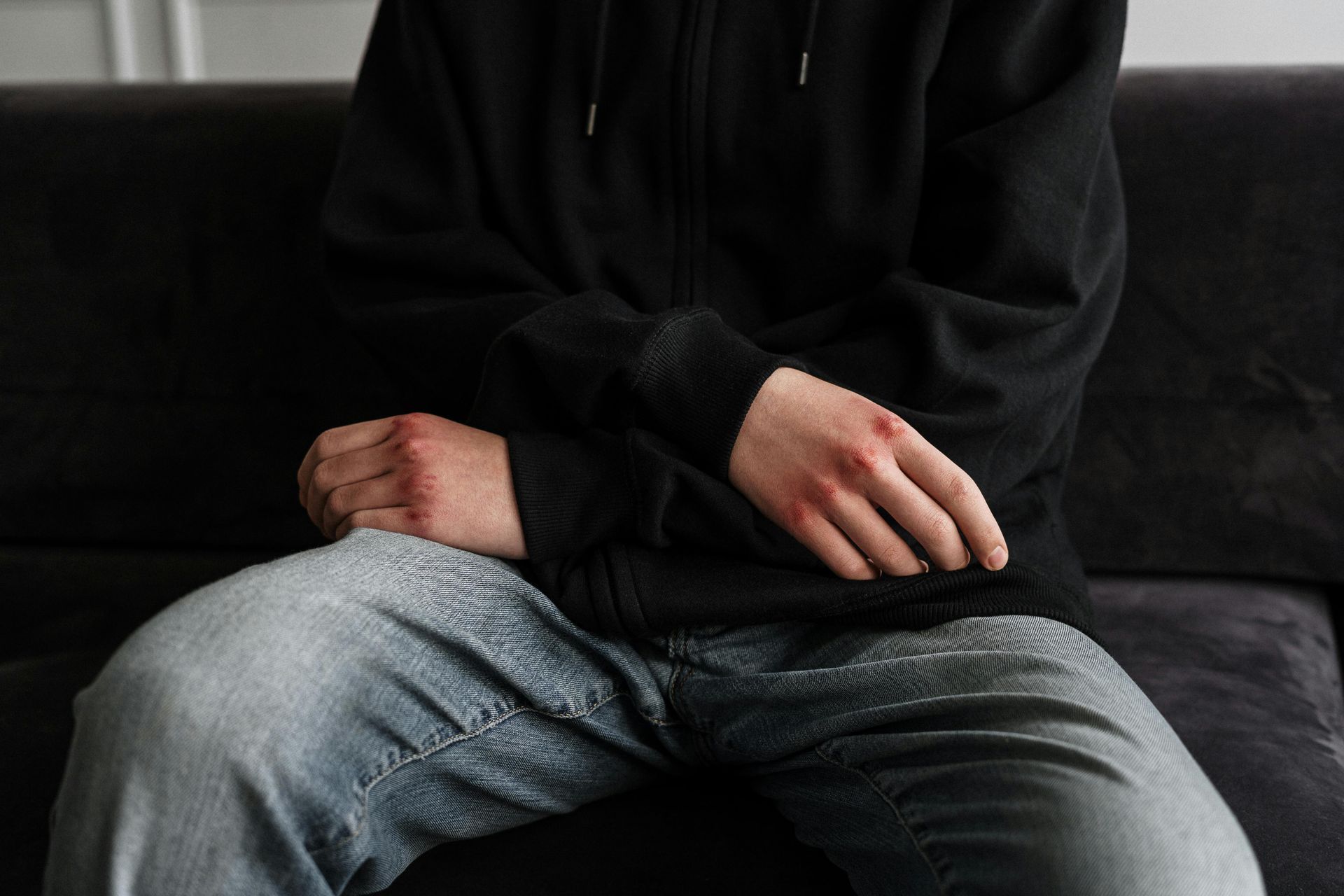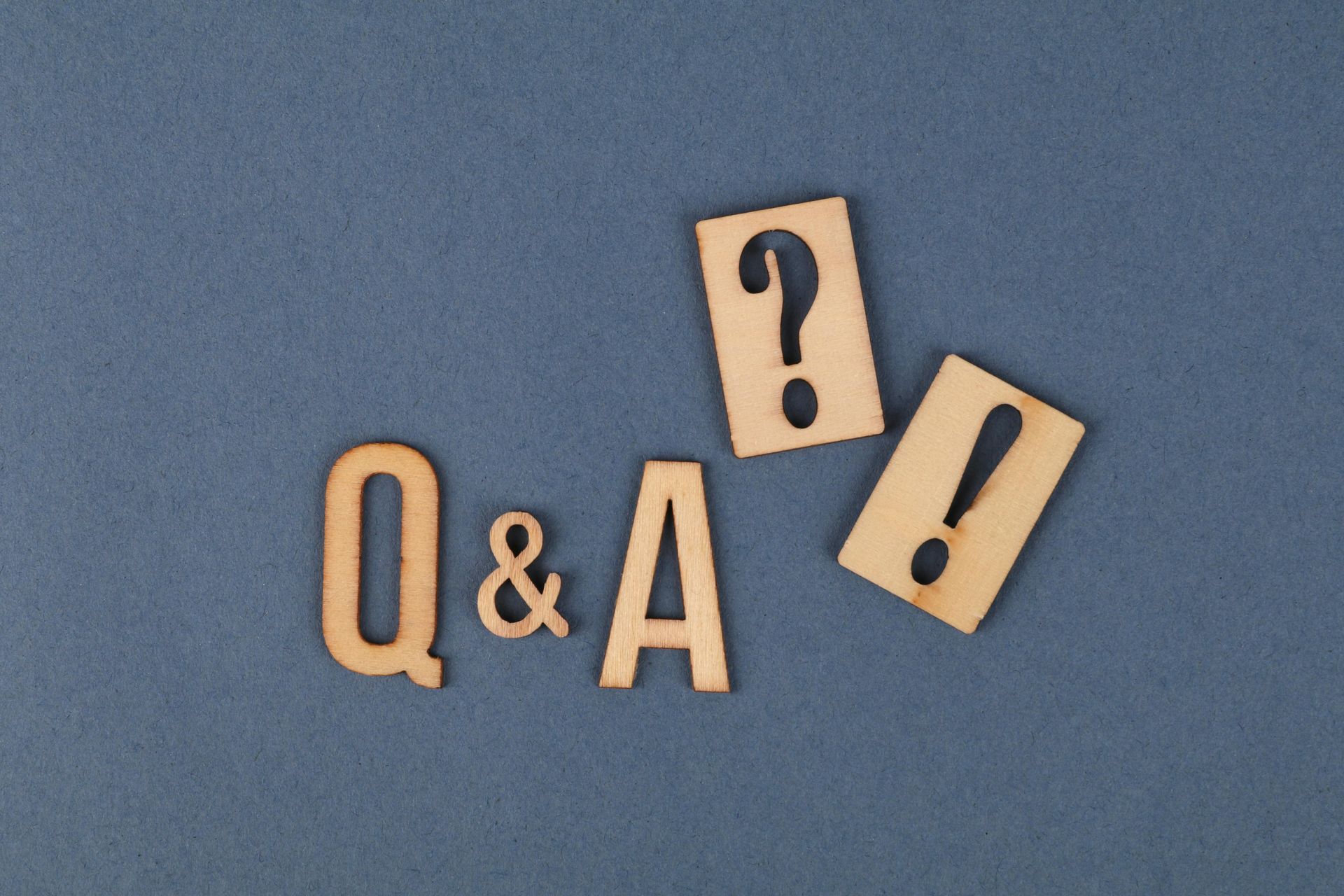Consent and Alcohol: Can a Person Consent When Drunk?
It’s party season and whilst we are all looking forward to our work Christmas parties, family gatherings and nights out with friends it’s a time where alcohol can have an impact on our thought processes and our actions. The impact this can have can be profound and it is often we experience an increase in cases around this time of year whereby a one night stand has led our client to be subject to a police investigation
for a serious sexual offence.
Contact Us
It is not uncommon for sexual offences to be reported after a night out where both parties have been drinking alcohol and then engaged sexually with each other. We often have clients accused of various levels of offences ranging from rape, sexual assault by penetration
and sexual assault
following nights out with friends, the issue in many alleged offences which arises is one of consent, and whether someone has been too intoxicated to give consent to the other person.
What is Consent?
Section 74 of the Sexual Offences Act 2003 defines consent, it states that a person consents if they agree by choice, and that they have the freedom and capacity to make that choice.
When establishing consent the Crown Prosecution Service will consider the issue in two stages:
1. Whether a complainant had the capacity (i.e. the age and understanding) to make a choice about whether or not to take part in the sexual activity at the time in question.
2. Whether he or she was in a position to make that choice freely, and was not constrained in any way.
Offences which require the prosecution to prove consent are listed within sections 1-4 of the Sexual Offences Act 2003 and include:
There is no legal requirement to communicate a lack of consent, whether by the complainant verbally saying ‘no’ or ‘stop’ for example, or physically trying to stop the accused by pushing them away. This is because the complainant may not have had the capacity to do so.
Defence - Reasonable belief in consent
It is a defence if the accused can show that they reasonably believed that the complainant was consenting. The law says that when deciding whether a belief is reasonable is to be determined having regard to all of the circumstances, including any steps taken by the accused to ascertain whether the complainant has consented.
Again, a two step approach is taken when this defence is raised:
1. Did the accused genuinely believe the complainant consented? - This is a subjective test and comes down to the accused’s personal capacity to evaluate consent.
2. If so, did the accused reasonably believe it? - This is the objective element of the test and it would be for a jury to decide if the accused’s belief was reasonable.
The complainant does not have to communicate lack of consent, all that is required is for some form of evidence to be put before the jury to show the lack of consent, and the nature of that evidence can vary case by case. In cases where alcohol is a feature, a common piece of evidence for the prosecution can be to show that the complainant was incapable of consent through they intoxication. Types of evidence may include CCTV footage, witnesses and toxicology reports.
Being too drunk to consent
Being drunk does not
automatically mean that a person cannot consent, we all have different levels of tolerance to alcohol, and what one person may regard as having drank too much another may not. The prosecutor of any case where this issues arises must consider, where it is established the complainant was intoxicated, whether this intoxication made them incapable of consenting.
The complainant is not required to be unconscious through drink to have lost their capacity and therefore, various factors can be taken into consideration along with any witness evidence which can assist in determining whether or not a person was incapacitated. For example; were they sick, unable to walk, or just acting out of character.
What if both people are drunk, does that make a difference?
Both parties can be drunk and able to consent, either party can lose that capacity to consent at any time or they may withdraw it free of choice. Both parties to sexual activity being drunk does not mean that both are equal and therefore, it would not be a defence for the accused to say “well we were both drinking”.
What to do if you are accused of a sexual offence following a night out?
It can be really difficult to comprehend being accused of a serious sexual offence when it is your belief that you had an enjoyable night out with friends. Often an arrest comes as a shock, and it is in most cases the accused will never have been arrested before.
Seeking legal advice and representation should be your first step. Finding a specialist lawyer who can help defend your position and challenge the case against you proactively is essential to get your case off on the right footing.
Following your police interview do not sit and wait for the police or Crown Prosecution Service to make decisions. Facing the allegations head on with the support and guidance of your legal team can be extremely beneficial in such cases. Our lawyers work closely with clients at the pre-charge stage of a case, way before the police or CPS make those crucial life changing decisions, and we do this with the aim to prevent charges being authorised. The steps we take pre-charge include, but are not limited to:
- Regularly liaising with the police to ensure you are fully updated on the progress of the investigation against you, what police have done and what enquiries they intend to make.
- Obtain and consider all available disclosure
- Legal advice to you throughout the investigation, which can of course be a considerable length of time
- Take a full background statement from you
- Obtain witness statements on your behalf
- Gather any third party evidence where relevant
- Secure any relevant CCTV footage
- Support to you throughout the investigation
- Representation at police station interviews
- Drafting and submission of pre-charge representations to the CPS
If you would like to discuss the pre-charge work in your case then contact us and we will provide you with the support and guidance required. At the end of each call we aim to have all the information we require to put an action plan in place to defend you.
We Can Help With
Location
Manchester Office
82 King Street
Manchester
M2 4WQ
Widnes Office
Foundry House
Widnes
Cheshire
WA8 8UD
info@eventumlegal.co.uk
Call
Eventum Legal hold mandatory indemnity insurance. We are insured by Hera Indemnity - Lloyds.
We are regulated by CILEx Regulation to conduct criminal litigation and advocacy, authorisation number 3002253.




